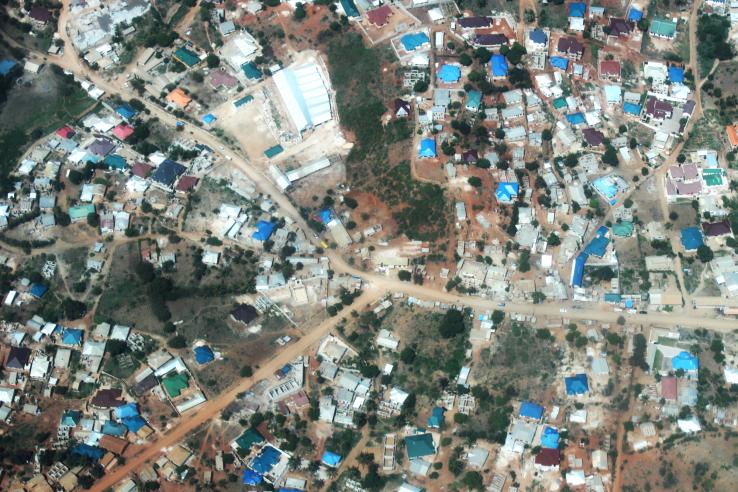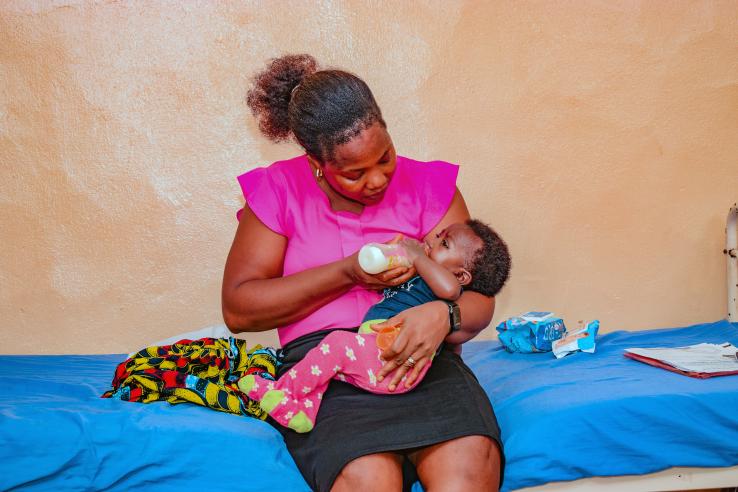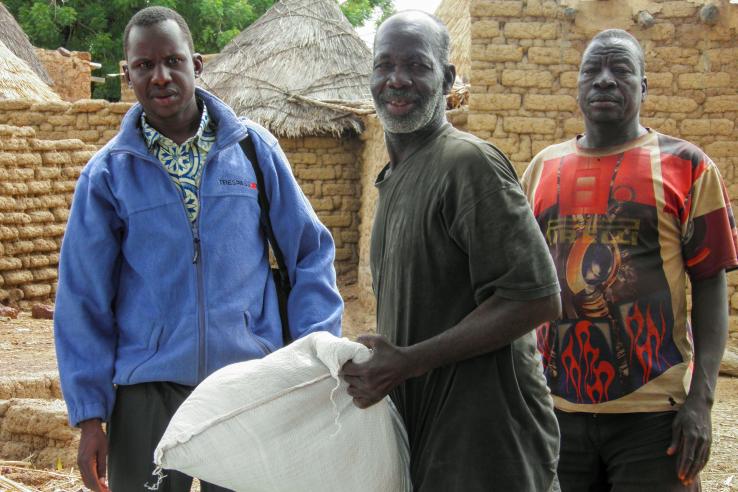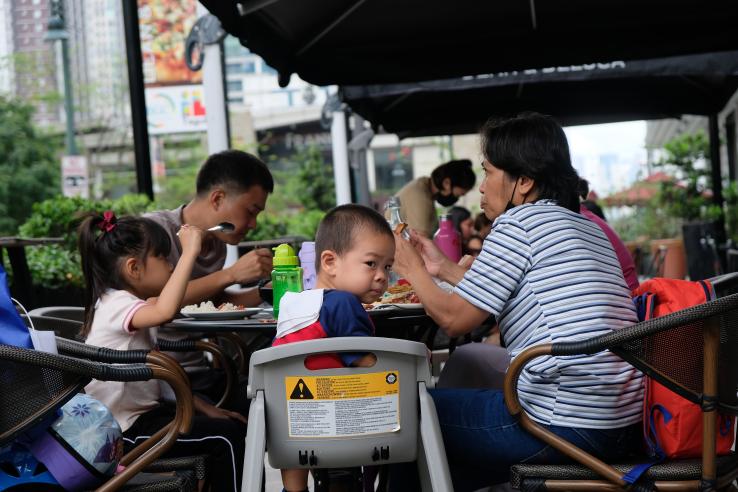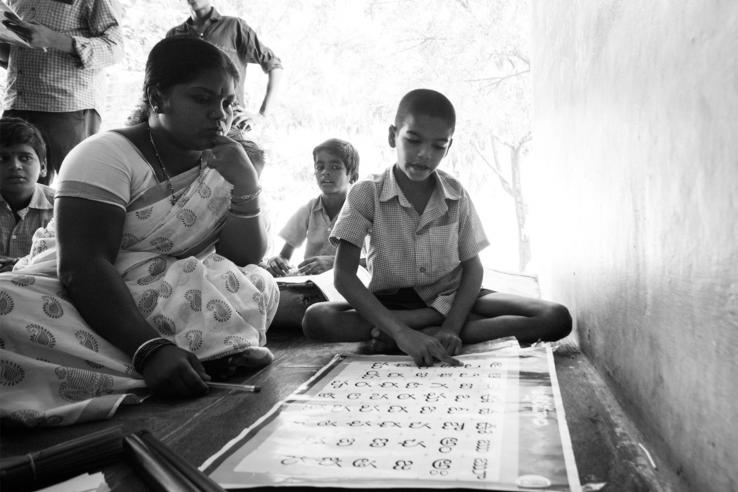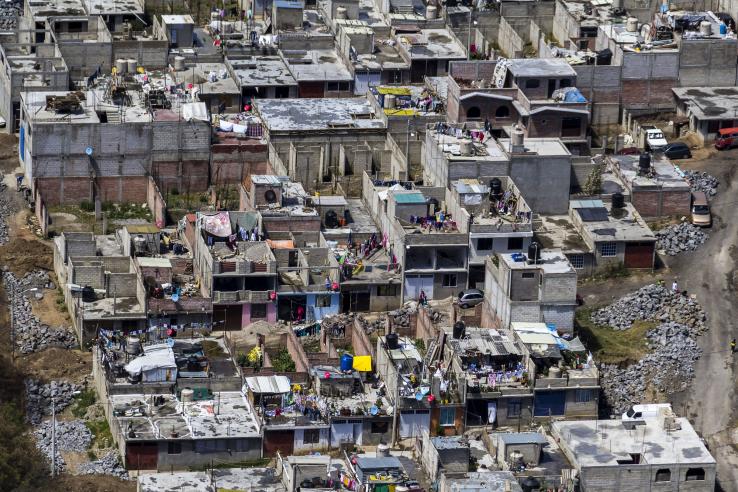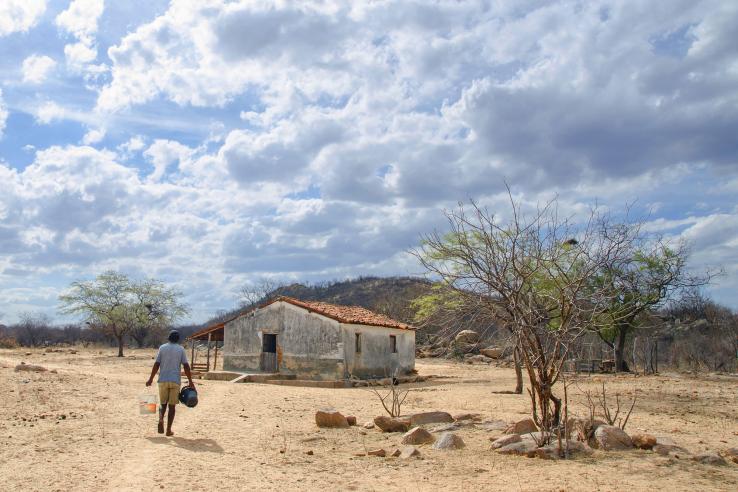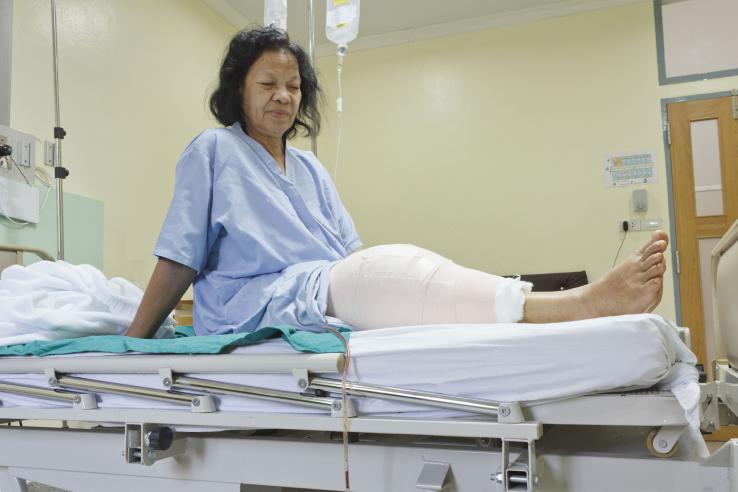Displaying 1201 - 1215 of 1288
Evaluation
Researchers conducted a randomized evaluation to measure the impact of unconditional price discounts and price discounts conditional on including a woman on formal purchased land titles in traditionally informal settlements in Dar es Salaam, Tanzania. Price discounts increased demand for formal land titles, and that demand increased by the same amount whether or not the discount was conditional on including a woman on the title.
Evaluation
In many countries, there has recently been an increased interest in targeting labor market programs to unemployed persons who would benefit the most from them. Researchers evaluated the impact of providing a statistical targeting system to case workers in government employment agencies on their choice of labor market programs for jobseekers. Results showed that caseworkers largely ignored the statistical information provided by the targeting system, and that offering this information did not have any impact on their choice of program.
Evaluation
Researchers evaluated whether giving traditional birth attendants (TBAs) cash incentives for maternal postnatal referrals can increase uptake of skilled maternal postnatal care. Cash rewards increased referrals made by TBAs by 182 percent and more than tripled the proportion of clients that attended postnatal care. However, clients of incentivized TBAs were still much less likely to receive postnatal care compared to mothers delivering in a health facility, suggesting that other potential barriers may prevent women from seeking and accessing care.
Evaluation
Researchers conducted a randomized evaluation to test the impact of providing recently unemployed individuals informational brochures about job search strategies that motivated an active search on their labor market outcomes. Providing informational brochures improved the employment and earnings of job seekers who exhibited an increased risk of long-term unemployment but had no measurable effects on the general population.
Evaluation
In Niger, researchers evaluated the impact of a training program for input distributors (agro-dealers) on smallholder access to and use of agricultural inputs. Researchers found that trainings for agro-dealers combined with a demonstration plot increased the share of farmers adopting improved seeds, but did not increase the quantity used to have an impact on agricultural output.
Evaluation
Researchers partnered with financial providers in the United Kingdom to evaluate the effectiveness of various disclosure designs aimed at supporting consumers’ financial decisions across savings products. Although most disclosures increased the number of consumers that switched to higher-yielding savings account, the effects were relatively modest, even among those who received the most effectively designed disclosure and those with substantial financial incentives to switch. These findings suggest that low attention limits the potential of financial disclosures and that disclosures need to be more explicitly designed to better capture consumers' attention.
Evaluation
Researchers conducted a randomized evaluation to evaluate the impact of computer-assisted learning (CAL) on student test scores. The CAL program improved students’ math and language test scores, but increasing the time students spent on CAL did not lead to additional gains.
Evaluation
Researchers evaluated a multifaceted program for women experiencing extreme poverty in the Democratic Republic of Congo, a region facing protracted conflict. The intervention had positive and enduring effects on women’s consumption, employment, finances, and empowerment, and small positive impacts on health outcomes.
Evaluation
In the context of a recent government policy that reduced costs of formalization, researchers provided information on the formal entry process through workshops and personalized visits to determine the impacts of information on firms’ decision to formalize.
Evaluation
Researchers conducted a randomized evaluation to investigate whether an expanded and more thorough version of an orientation program in the Philippines improved socioeconomic outcomes and facilitated settlement for migrants upon moving to the United States. The research team found that though the program did not have many sizable impacts, migrants who received the new orientation program acquired fewer social network connections in the United States.
Evaluation
Researchers examined whether increasing community oversight and participation could improve education outcomes in Uttar Pradesh, India. Mobilizing community members to monitor local schools through Village Education Committees did not increase participation in school governance or improve education outcomes, but training local volunteers to teach basic reading outside school had a positive impact on student learning.
Evaluation
Researchers measured the impact of improving the quality of slum housing on household wellbeing in El Salvador, Mexico, and Uruguay. Residents were selected to receive housing upgrades by lottery. Results show that slum upgrading significantly improved satisfaction with quality of life. In two countries positive and significant effects are detected in child health. In El Salvador, significant and positive effects are observed in the perception of safety. Finally, no effects are detected in labor market variables and in the accumulation of durable goods.
Evaluation
Distributing water cisterns in northeast Brazil led to fewer requests for private benefits from local politicians and fewer votes for incumbent mayors, who typically have more resources to engage in clientelism. Researchers and J-PAL's Latin America & Caribbean office are now working with the Climate Policy Initiative to support the Ministry of Social Development to design and implement an evaluation of the second deployment of cisterns.
Evaluation
Researchers partnered with Aid to Artisans (ATA), a US-based nonprofit, and Hamis Carpets, an Egypt-based distributor, to provide small-scale rug manufacturers the opportunity to export to high-income countries. Offering small firms the opportunity to export rugs to high-income markets increased firm profits through improvements in firm’s technical knowledge, efficiency, and product quality.
Evaluation
Researchers examined the impact of bundled payments on Medicare spending, utilization, and quality of care for knee and hip replacements, two common and expensive medical procedures. Evidence from the first year of implementation of a five-year mandatory bundled payment model showed a reduction in health care utilization, but no evidence of an impact on health care quality, the volume of patients treated, or the mix of patients treated.
